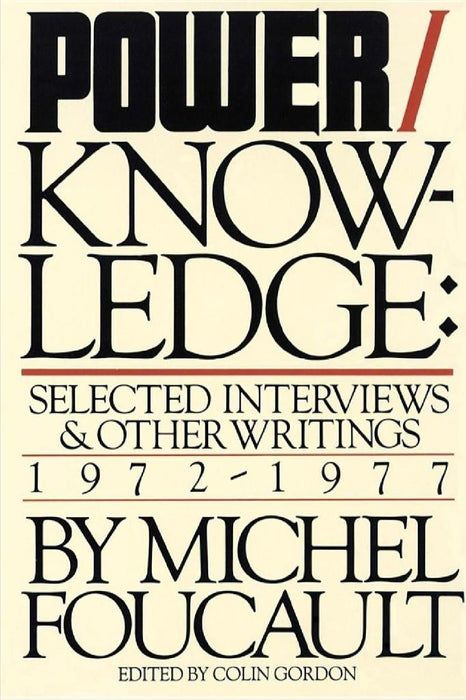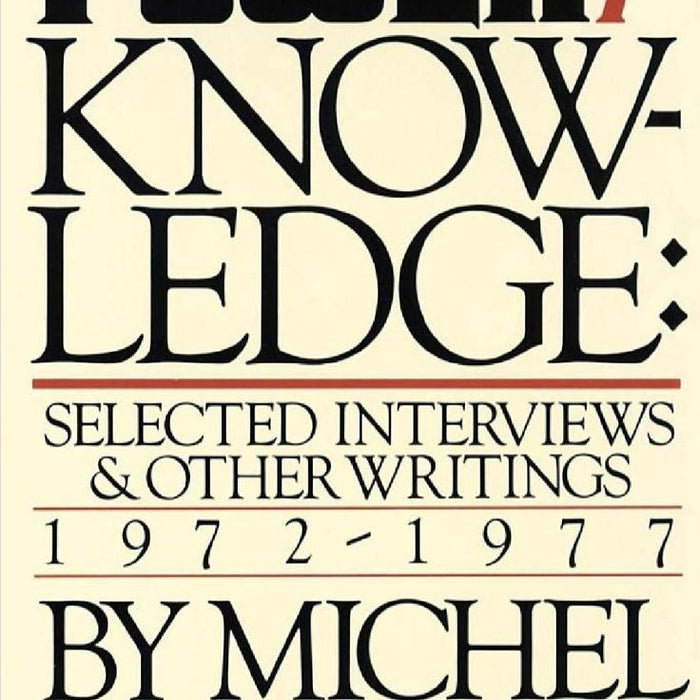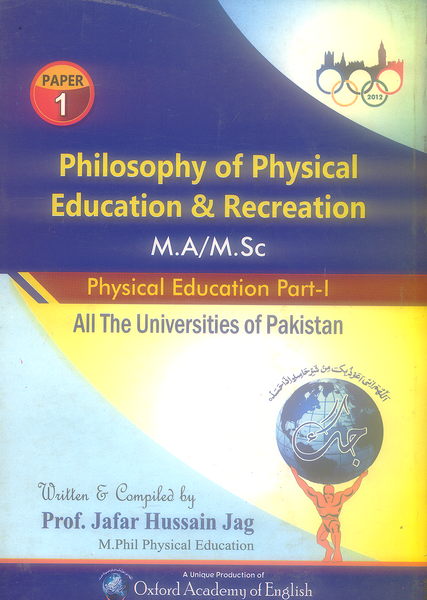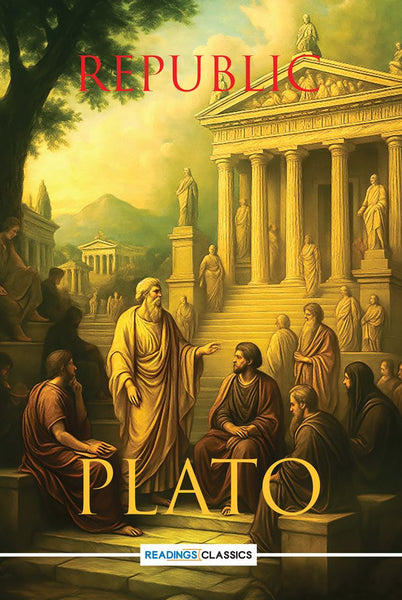Power/knowledge: Selected Interviews And Other Writings, 1972-1977
- Publisher: PHILOSOPHY
- Availability: In Stock
- SKU: 47490
- Number of Pages: 280
Rs.790.00
Rs.995.00
Tags: 1972-1977 , best books , best books online , Best Price , best prices , Best Selling Books , buy online books , cultural studies , Foucauldian analysis , Foucault interviews , Foucault theories , Foucault writings , French philosophy , good books , historical epistemology , intellectual history , knowledge , knowledge production , Michel Foucault , online books store , Online Bookshop , online bookstore , philosophical texts , political philosophy. , postmodern philosophy , Power , power and knowledge , power structures , Power/knowledge , Selected Interviews , Selected Interviews And Other Writings , Shopping
Power/knowledge: Selected Interviews And Other Writings, 1972-1977
Author: Michel Foucault
Quality: Black White Pakistan Print
Power/Knowledge: Selected Interviews and Other Writings, 1972-1977 by Michel Foucault is a crucial collection of essays and interviews that delve deep into the intricate relationship between power and knowledge. In this work, Foucault examines how power structures are embedded in societal institutions and how knowledge production is intrinsically linked to these structures. He challenges traditional views of power as merely a top-down force, suggesting instead that power operates through various subtle mechanisms in everyday life. This compilation includes some of his most influential writings during the 1970s, a period when Foucault was at the forefront of intellectual and social theory.
Key Points:
-
Power as a Diffuse Network: Foucault redefines power not as something held by an individual or group but as a set of relations that permeate all aspects of life, from institutions to personal interactions.
-
Power and Knowledge Interdependence: The book illustrates how knowledge is not neutral but shaped by and complicit with power structures, suggesting that those in positions of authority shape what is considered “true.”
-
Critique of Traditional Institutions: Foucault critiques traditional societal institutions like prisons, hospitals, and schools, showing how they are used as tools to exert power over individuals.
-
Impact on Social Theory: This work contributes to the development of post-structuralism and critical theory, influencing how modern scholars approach the study of power, identity, and social order.
-
Emphasis on Micro-level Power: Foucault emphasizes micro-level power dynamics, focusing on how power operates through everyday practices and interactions, such as in language, norms, and behaviors.

























